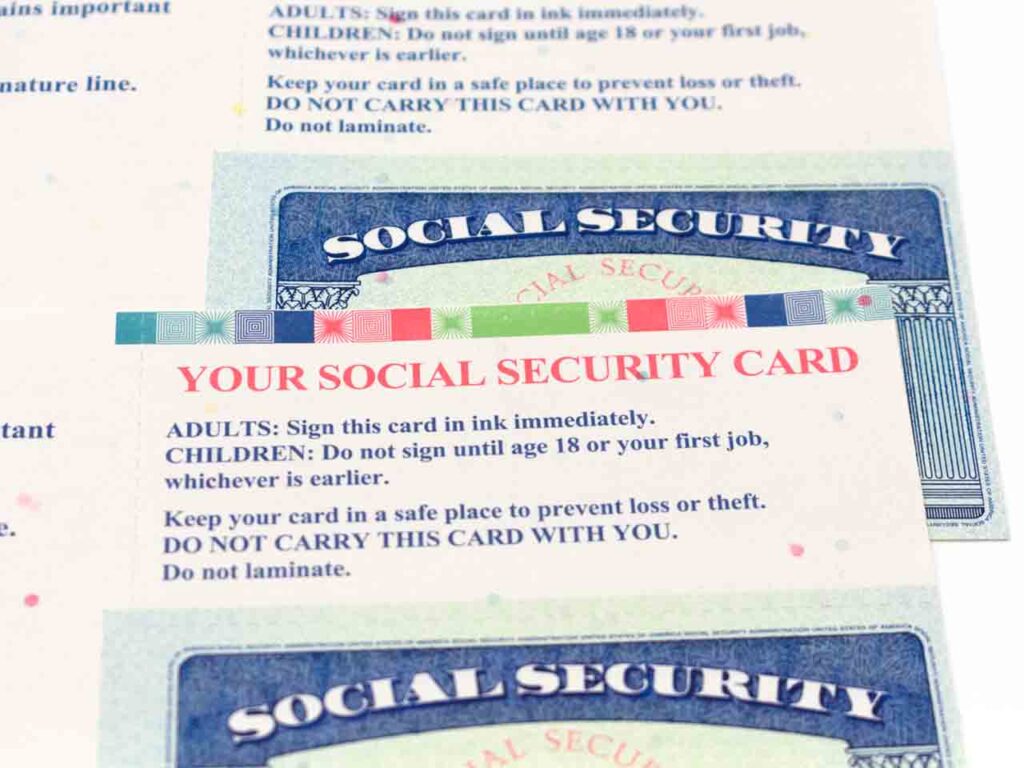Encryption is a way to protect digital information by scrambling it so that only someone with the right key can access it.
Governments around the world have been debating whether they should have access to encryption backdoors, which would allow them to bypass encryption and access private information.
Stay One Step Ahead of Cyber Threats
This debate raises several critical questions about the balance between national security and individual privacy rights, as well as the potential impact on cybersecurity and the global economy.
As technology continues to advance and become more integrated into our daily lives, the importance of addressing these concerns and finding a solution that satisfies all stakeholders grows increasingly significant.
Let’s examine the issue and evaluate the advantages and disadvantages of permitting governments to access encryption backdoors.
The Problem with Encryption
Encryption is essential in today’s digital world, as it helps keep our personal information, financial transactions, and communications private and secure.
However, criminals and terrorists also use encryption to hide their activities from law enforcement.
This has led some governments to argue that they need a way to access encrypted data to protect national security and public safety.
The Benefits of Government Access to Encryption Backdoors
Proponents of government access to encryption backdoors argue that law enforcement and intelligence agencies need this capability to effectively combat terrorism, cybercrime, and other threats to public safety.
They contend that without a means to access encrypted data, critical evidence could remain hidden, hindering investigations and potentially putting lives at risk.
Additionally, supporters believe that having access to encrypted information can help governments monitor and prevent potential national security threats, ultimately protecting their citizens.
Three Benefits
1. Protecting National Security
If governments have access to encryption backdoors, they can monitor and prevent potential terrorist attacks and other threats to national security.
2. Fighting Crime
Encryption backdoors can help law enforcement investigate and solve crimes by accessing critical evidence that would otherwise be hidden.
3. Public Safety
In cases of emergency, such as a kidnapping or a bomb threat, encryption backdoors could provide law enforcement with the information needed to save lives.
The Downsides of Government Access to Encryption Backdoors
Opponents of government access to encryption backdoors emphasize the potential negative consequences of such a policy.
Privacy advocates argue that allowing governments to bypass encryption could result in a surveillance state where individual privacy rights are severely compromised.
Additionally, cybersecurity experts warn that creating encryption backdoors could unintentionally weaken the overall security of digital systems, as malicious actors, including hackers and foreign adversaries, could exploit these vulnerabilities to gain unauthorized access to sensitive information.
Furthermore, some economists and business leaders express concerns about the potential negative impact on the technology industry, as companies may lose customers who prioritize privacy and security.
3 Downsides
1. Privacy Concerns
Allowing governments to access encrypted data can lead to the violation of citizens’ privacy rights. This is especially concerning in countries where governments may use this power to suppress dissent or target political opponents.
2. Cybersecurity Risks
Creating encryption backdoors can weaken overall security, as hackers and other malicious actors could potentially exploit these backdoors to gain unauthorized access to sensitive information.
3. Economic Impact
If companies are required to create encryption backdoors, they may lose customers who are concerned about privacy and security, which could negatively impact the economy.
Why the Government Shouldn’t Break WhatsApp (Video)
Finding a Balance
The debate over whether governments should have access to encryption backdoors is complex and multifaceted.
On one hand, such access could help protect national security and fight crime.
On the other hand, it raises concerns about privacy, cybersecurity, and the economy.
Finding a balance between these competing interests is crucial and may involve a combination of policy, technological, and legal solutions that protect both public safety and individual privacy.
The Importance of Informed Debate
As technology continues to evolve and play a larger role in our lives, it is important for citizens and policymakers to engage in informed debates about issues like encryption backdoors.
The debate surrounding government access to encryption backdoors highlights the need for a thoughtful and nuanced approach to the issue.
Policymakers, technology experts, and civil society must work together to find a solution that balances the need for national security and public safety with the protection of individual privacy rights and the promotion of a secure and thriving digital ecosystem.
"Amateurs hack systems, professionals hack people."
-- Bruce Schneier, a renown computer security professional






